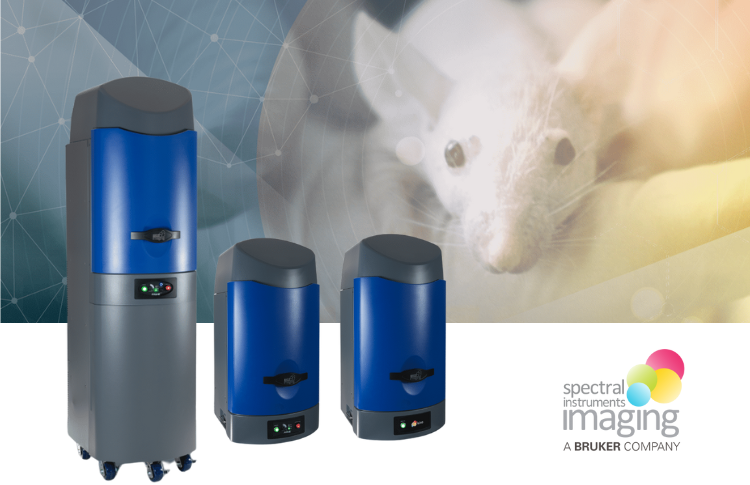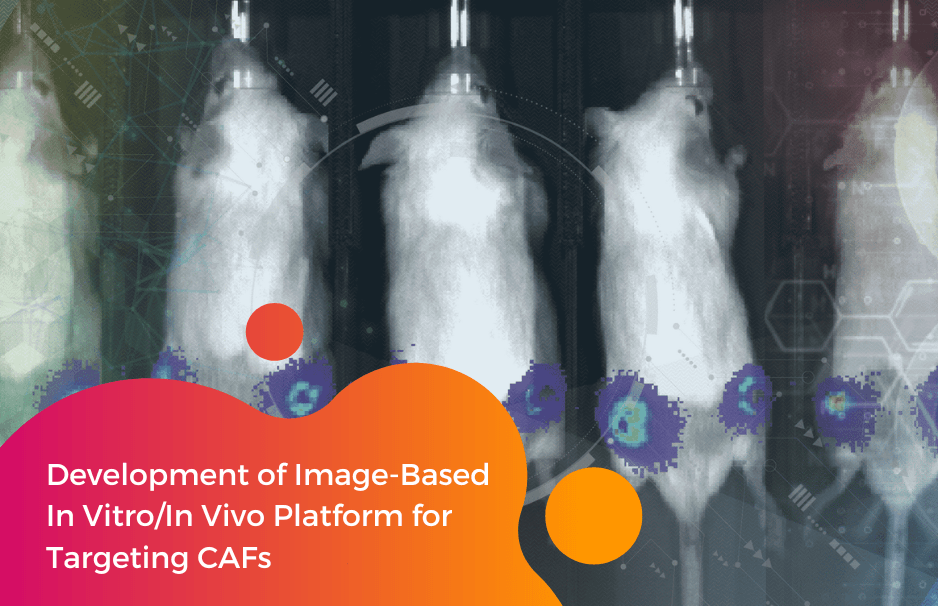Plant biology and animal biology laboratories have been renovated at the Faculty of Natural Sciences of Vytautas Magnus University. Future young researchers can now use advanced microscopes adapted for smarter education.
“In Europe and Lithuania, digitisation is one of the main priorities, so we decided to carry out digital development as much as possible and to modernise university laboratories adapted to the needs of science and learning. We are delighted that we have found tools that meet world-class standards and guarantee better preparation of students for the future”, says the dean of the Faculty of Natural Sciences of VMU, Prof. Dr Saulius Mickevičius.
Encourages Active Learning
During the digital laboratory project’s implementation, financed by the European Union’s structural funds, the university purchased 10 microscopes from the German manufacturer ZEISS Microscopy. This microscopic equipment forms the basis of the digital laboratory.
Interconnected microscopes have integrated high-quality video cameras, which allow the visualisation of even the smallest details of research objects and show high-resolution images to lecture participants. Special software installed in the microscopes makes it possible to share these images directly with each other using a computer or smartphone.
“The teacher or the head of the laboratory can observe the operation of all microscopes, discuss it with the practical session participants, and give students advice or correct their work. Also, connect the student’s microscope to the computer and directly share the image with all remote work participants. Students can share and discuss the photos or video broadcasts they took,” impressions shares Ingrida Šatkauskienė and adds that a digital classroom creates an interactive digital space. For the younger generation, this way of learning is much more attractive, as it increases and maintains attention and gives the teacher more freedom to create practically applicable teaching content.
Digitisation Leads to Better Learning Outcomes
According to Assoc. Dr Judita Žukauskienė, the innovative and digitised environment of university educational laboratories is very important for the academic environment. “Better image resolution and quality make it easier to see more accurate images, and the overall view that students can see on one screen allows for more different images to be seen and a more complete picture of the object being studied.” This increases general awareness and leads to better learning outcomes,” says the manager of science services.
Judita Žukauskienė notices that the digital personal image obtained during the laboratory work enables work from any place. “Students can accurately reproduce the images and mark the necessary parts of the structure, even without being in the laboratory. The specialist says that the possibility of analysing the images taken in the laboratory according to individual needs motivates one to achieve better learning results”. Microscopic equipment preserves a continuous learning process even during the pandemic, when more people work in the laboratory, and social distancing is necessary.
Microscopic Equipment Will Be Helpful To Many Students
According to Senior Researcher Ingrida Šatkauskienė, various microscopic objects and organisms will be photographed, filmed, and measured in this digital classroom. For example, research is conducted on parasitic worms and their larval stages in leeches, vertebrates, ectoparasitic mites, and fleas.
“Many organisms mentioned are microscopic, measuring just a few micrometres. Their morphological analysis requires quality microscopic equipment. The purchased microscopes will be useful for soil and water condition and biodiversity assessments, working with single-celled protists – shelled amoebas and microeukaryotic organisms such as slugs, which, although multicellular, are similar in size to single cells,” says the researcher.
The advanced equipment will be used by the VMU Faculty of Natural Sciences undergraduate and graduate students studying plant and animal biology, physiology, and cell biology. Students can also perform microscopic analysis for their research theses, looking at plants, insects and other research subjects.
The renewal of the science and study infrastructure is intended to stimulate interest in the Natural Sciences discipline to help develop new competencies required for the market’s changing needs. It is hoped that the new microscope equipment will improve the quality of the learning process, increase student satisfaction and motivation to be interested in the discipline, and further expand students’ career opportunities.
Digital classes also operate at the Faculty of Medicine of the Lithuanian University of Health Sciences at the Julius Janonis Gymnasium in Šiauliai.
Interested? Contact Us

Neringa Zeila
Product specialist

